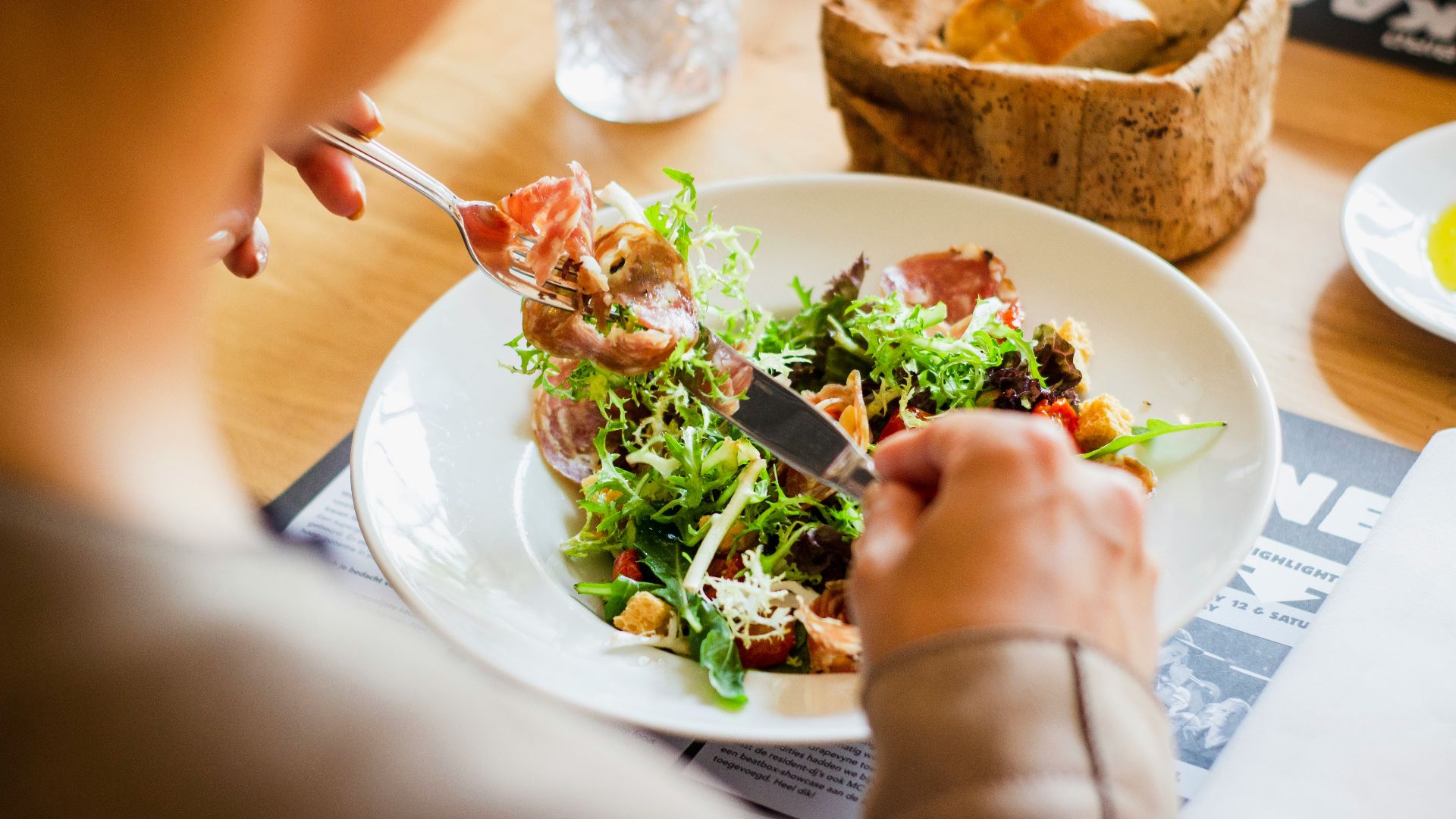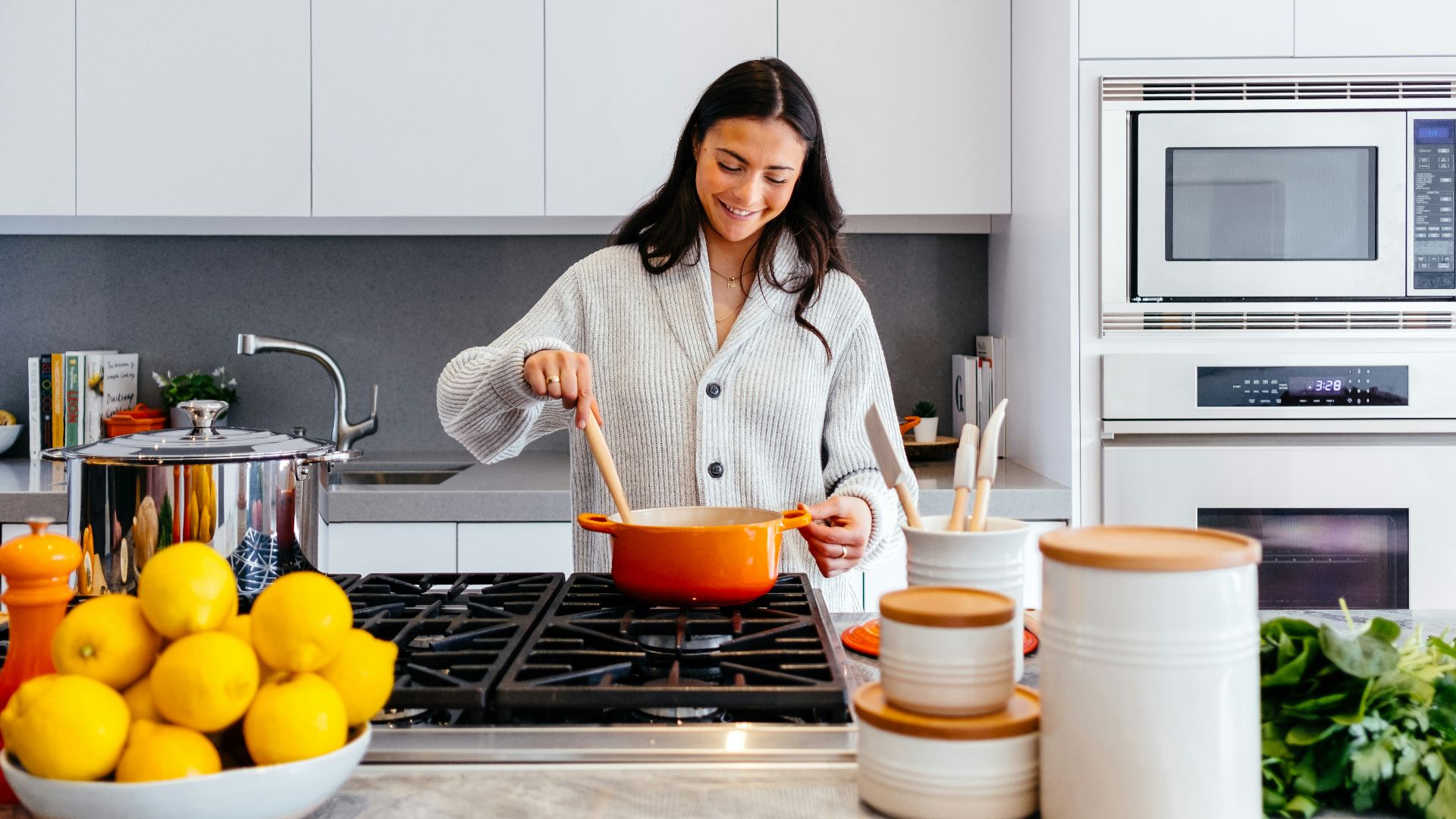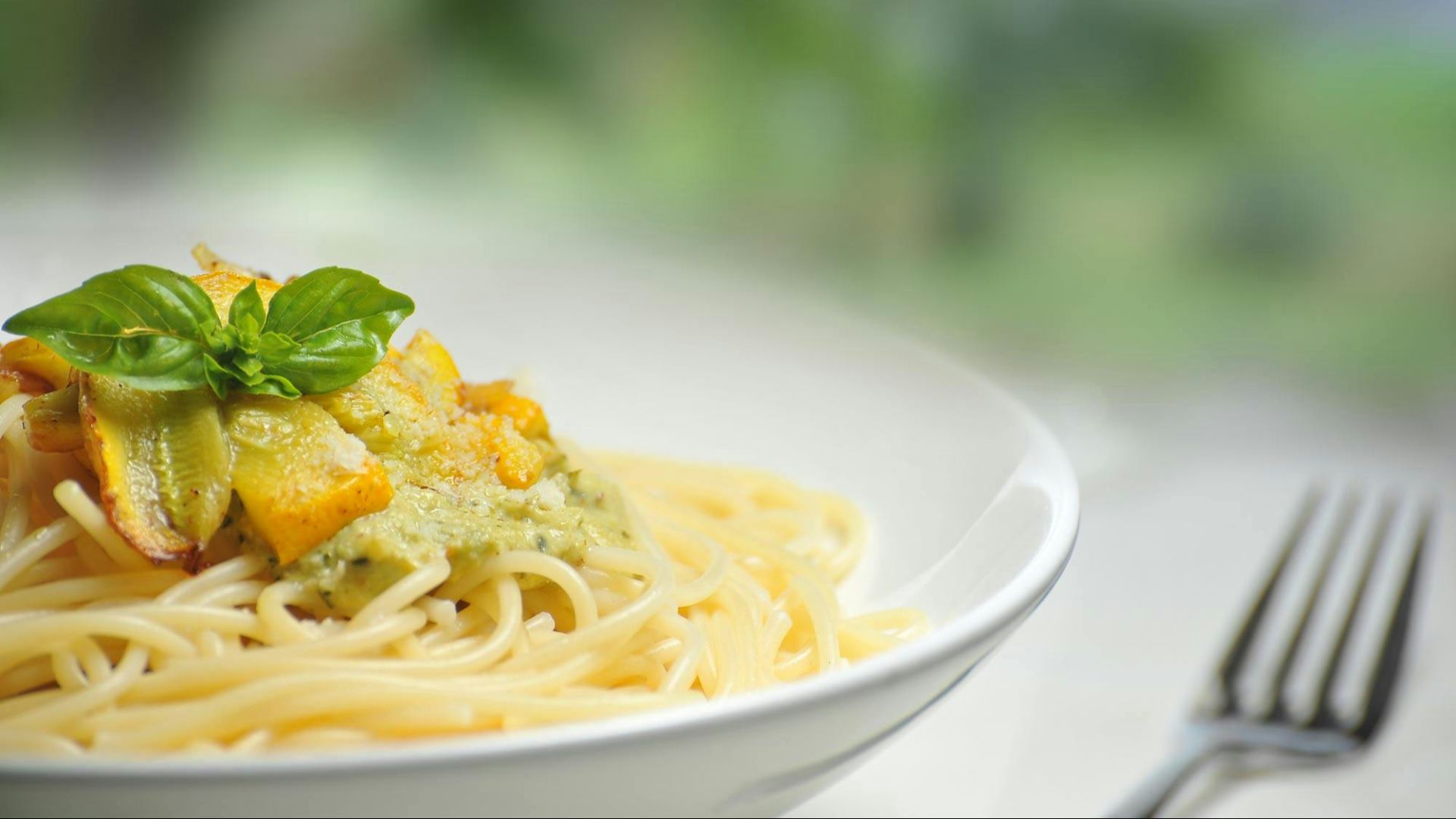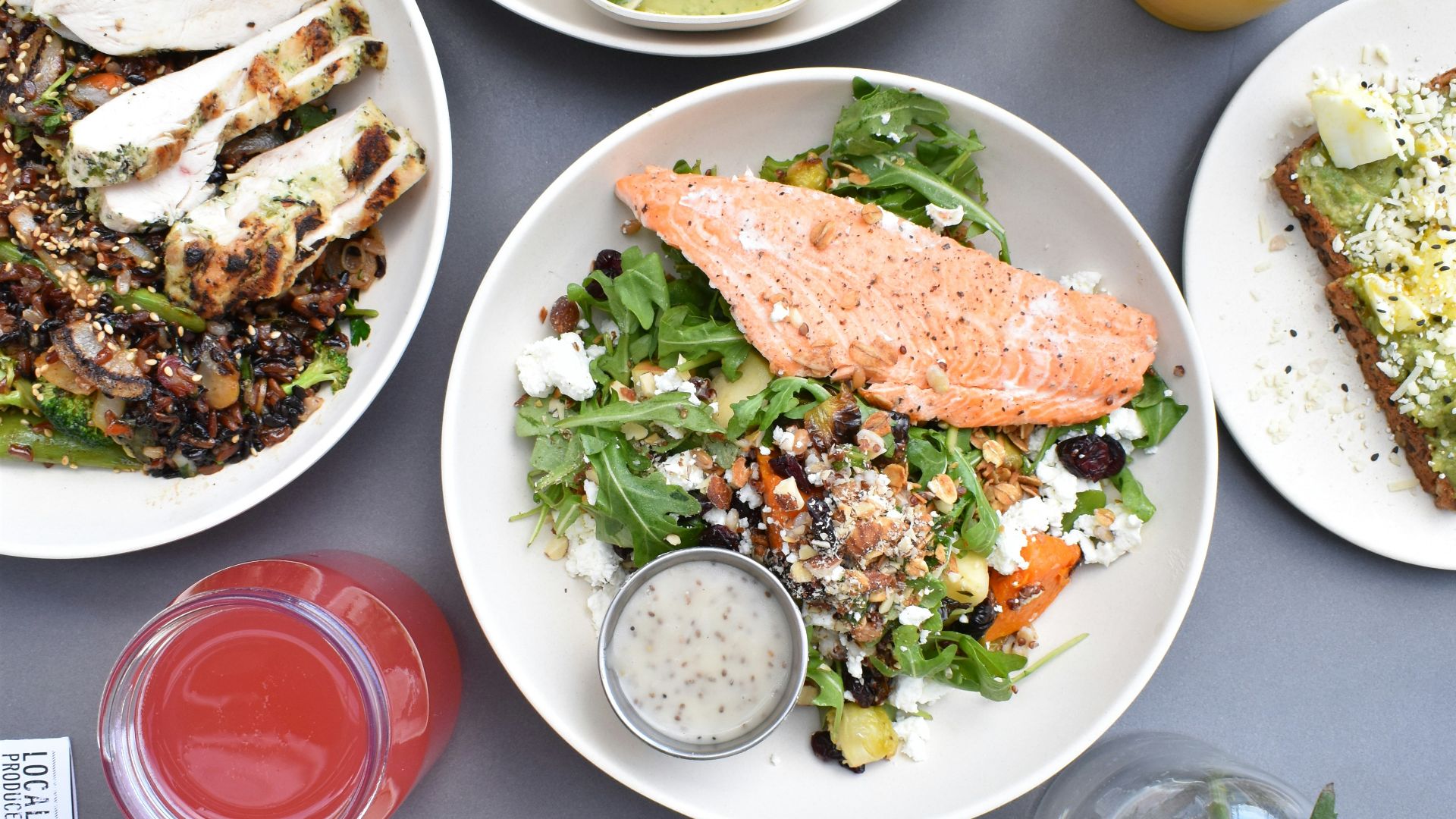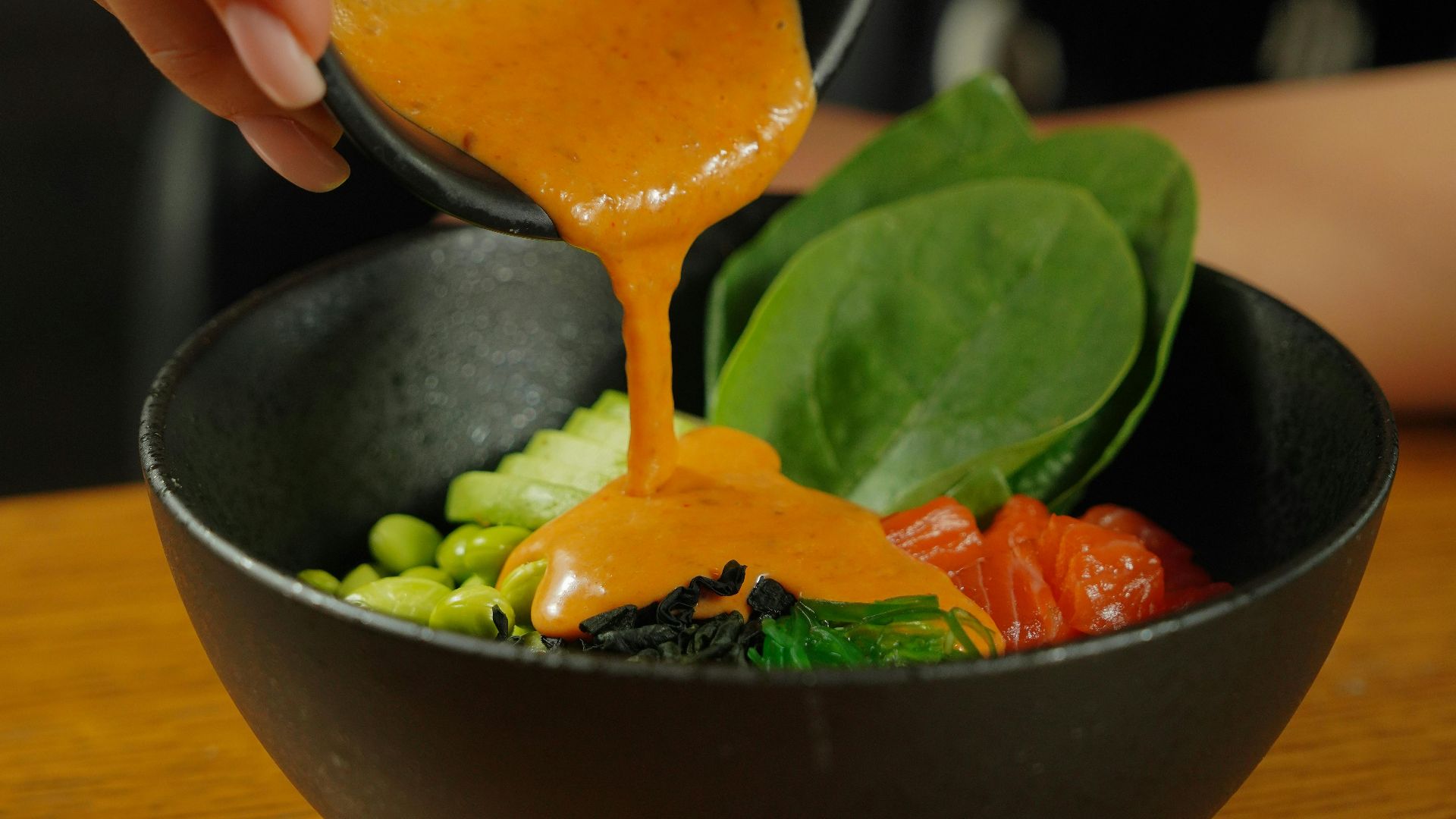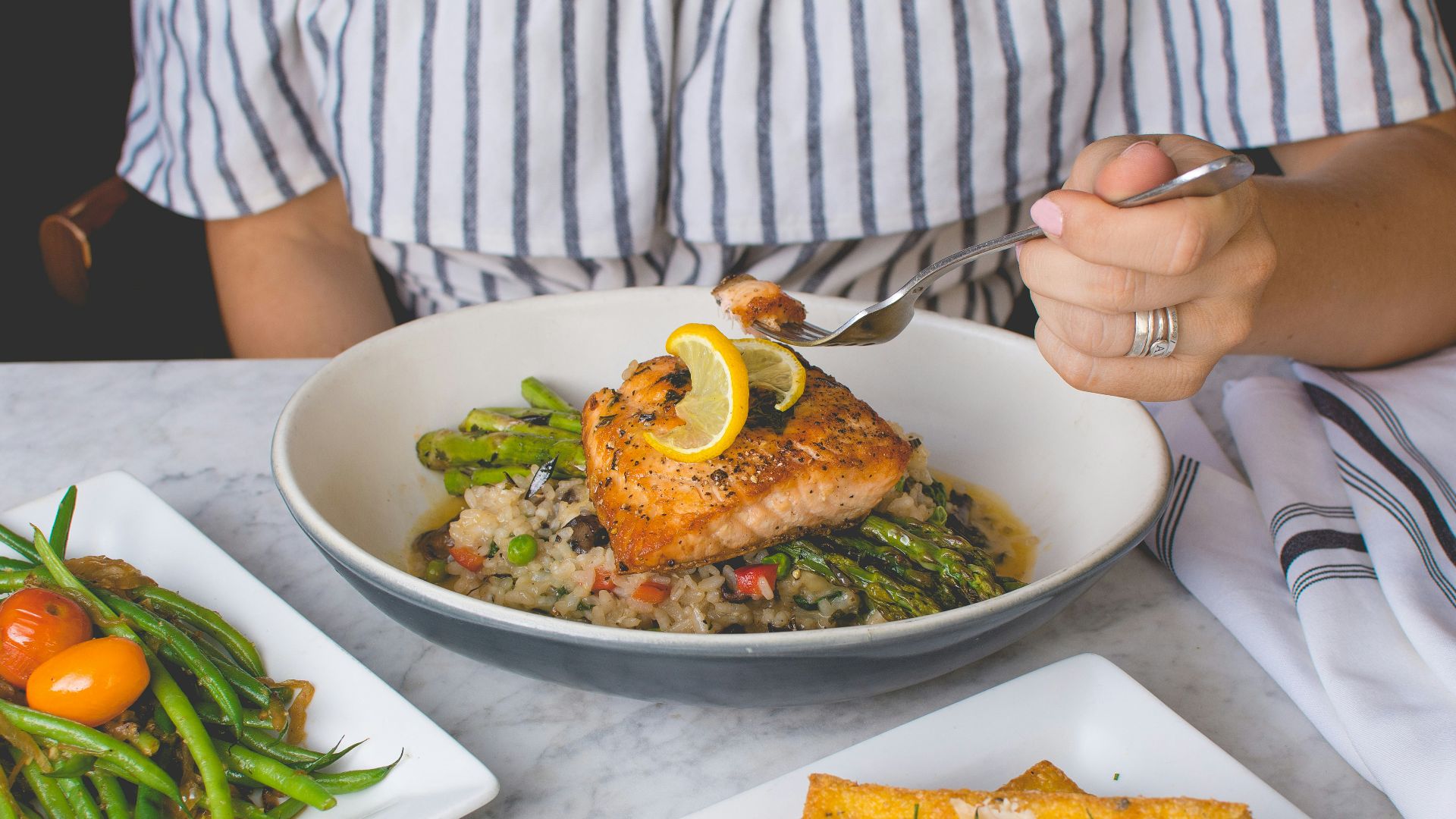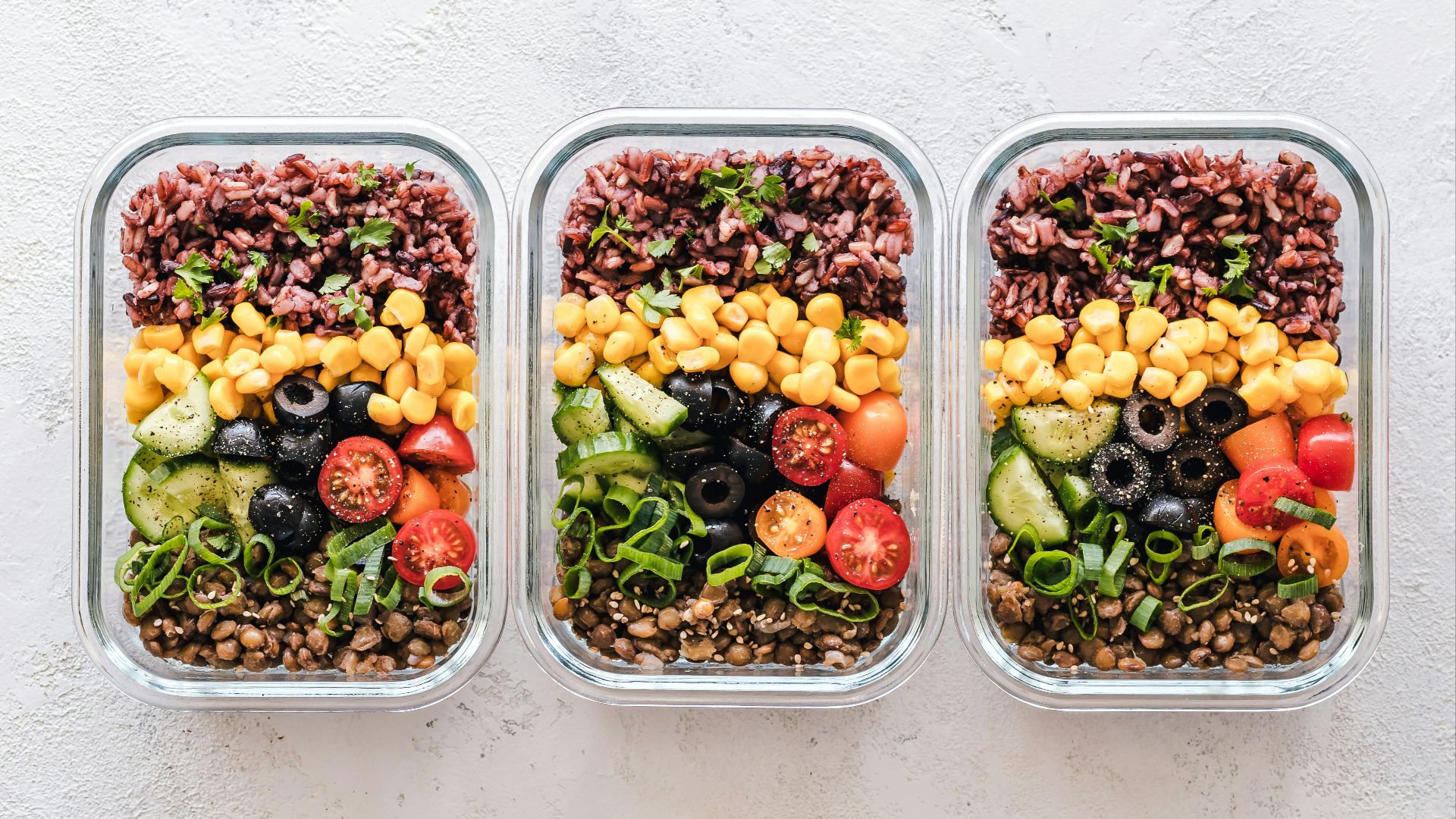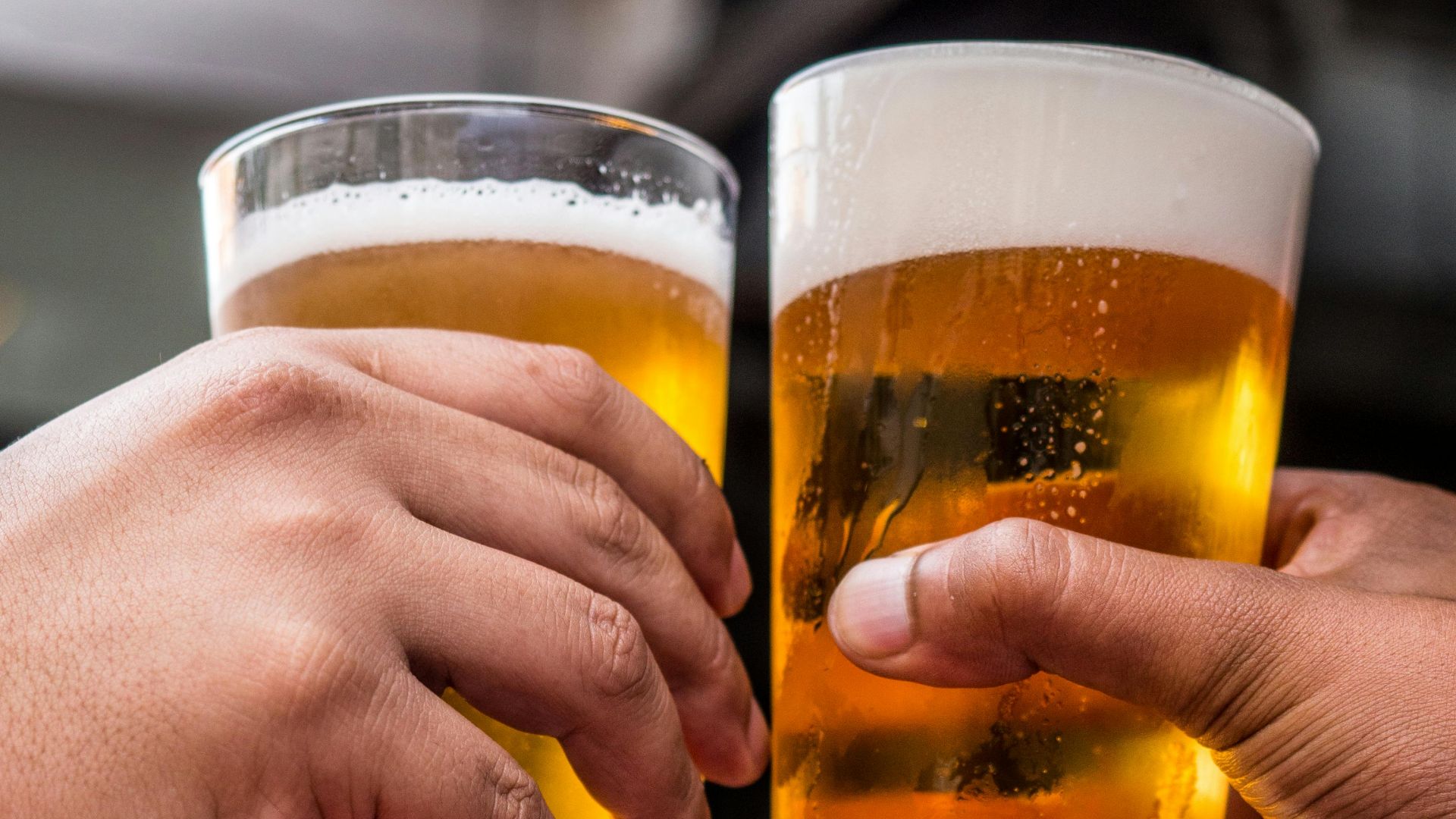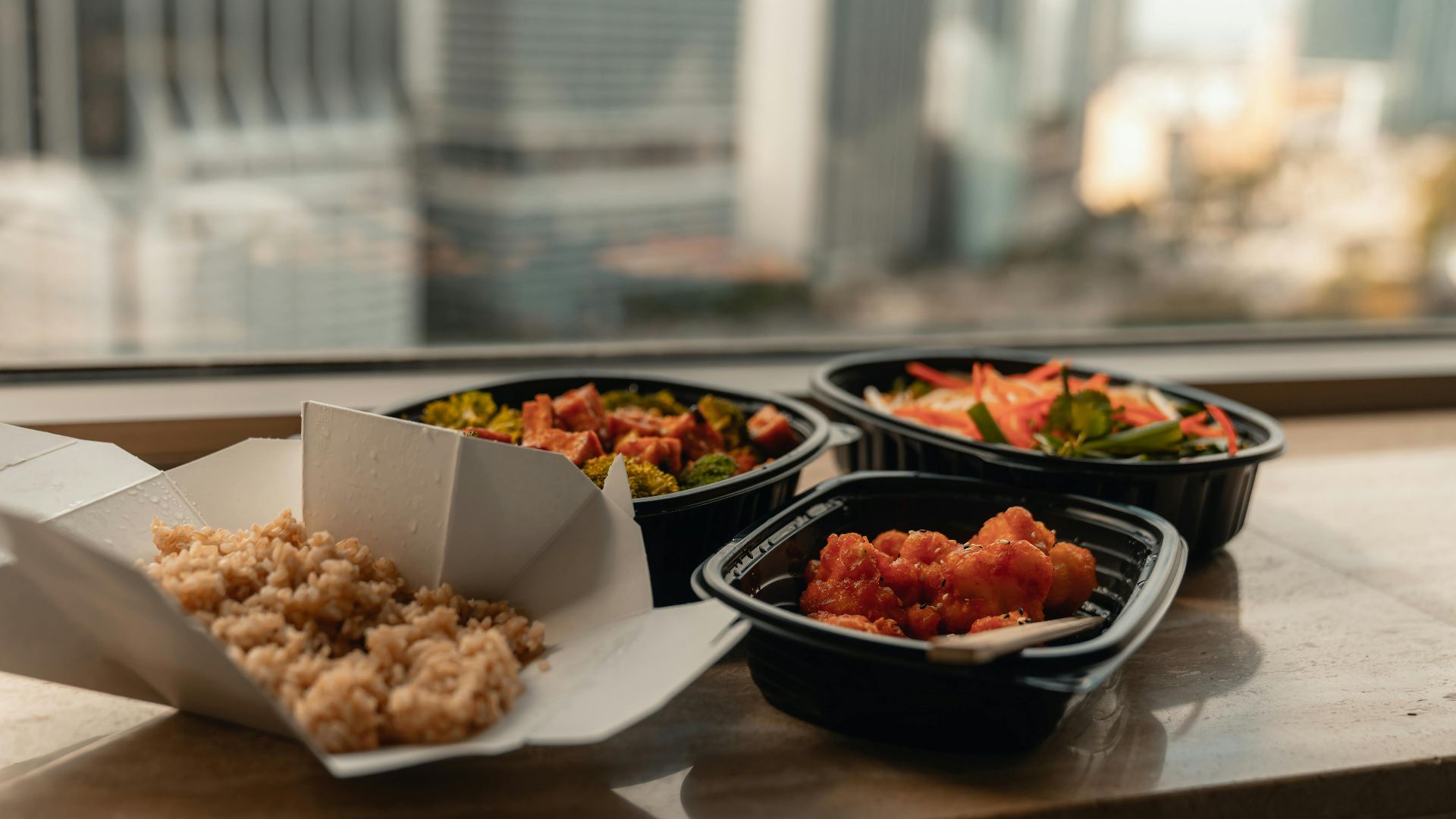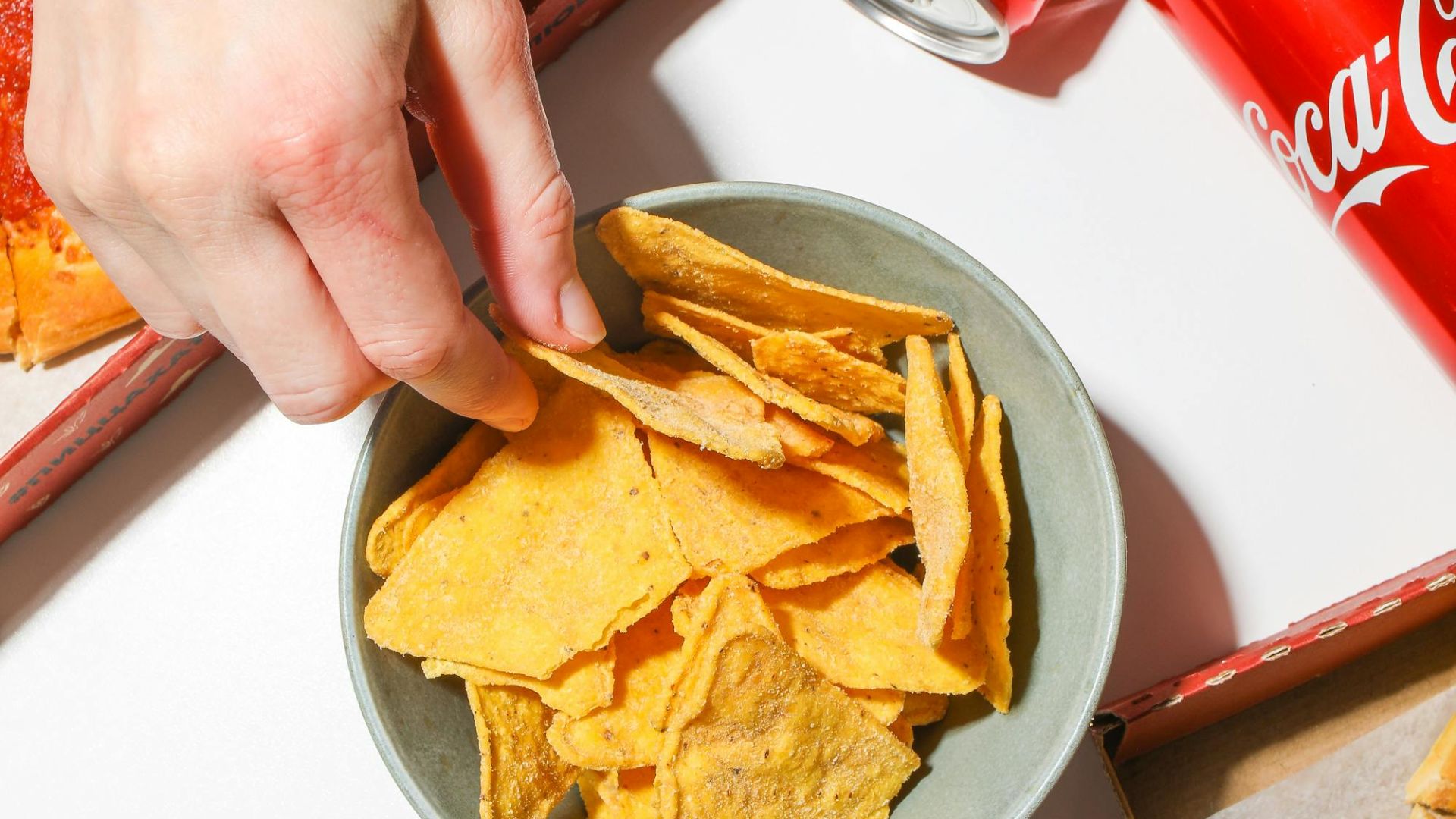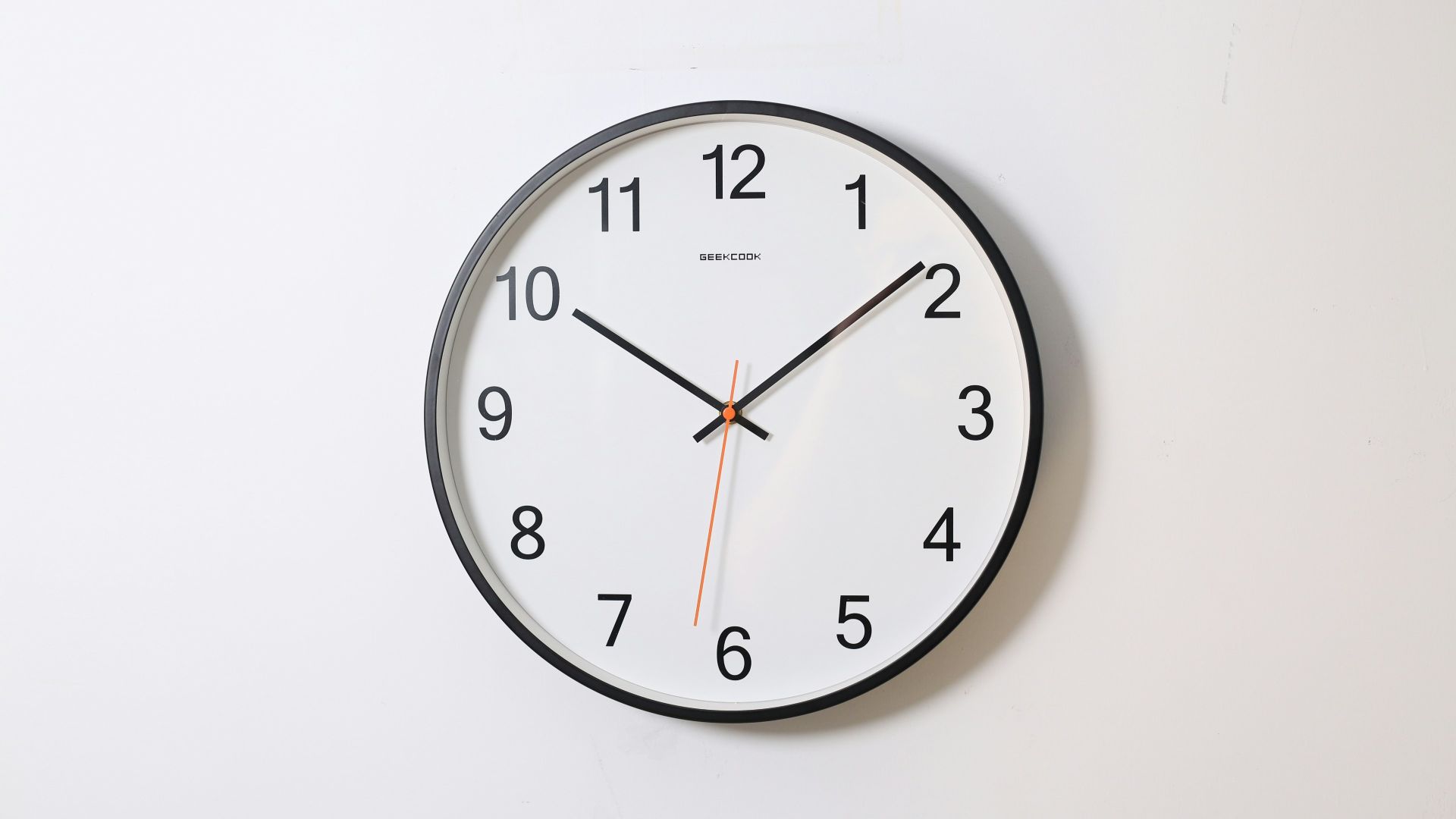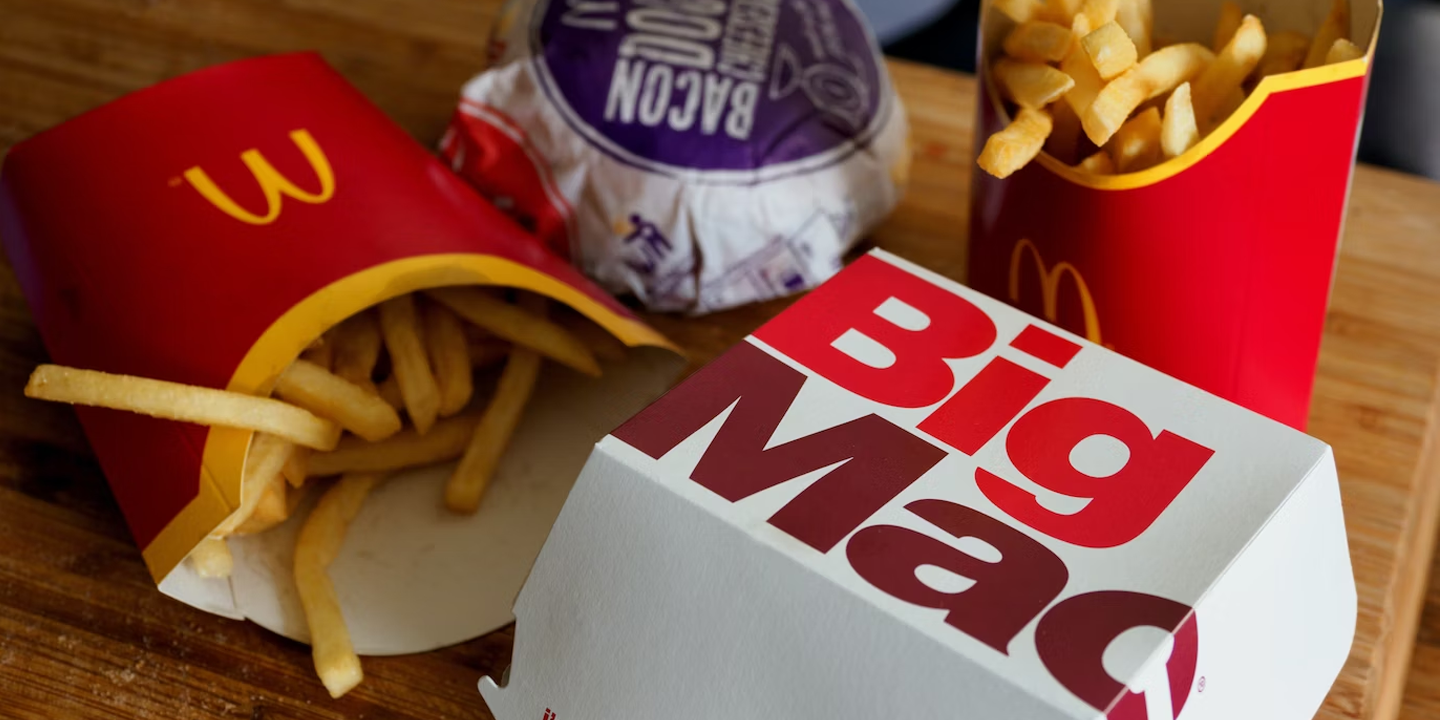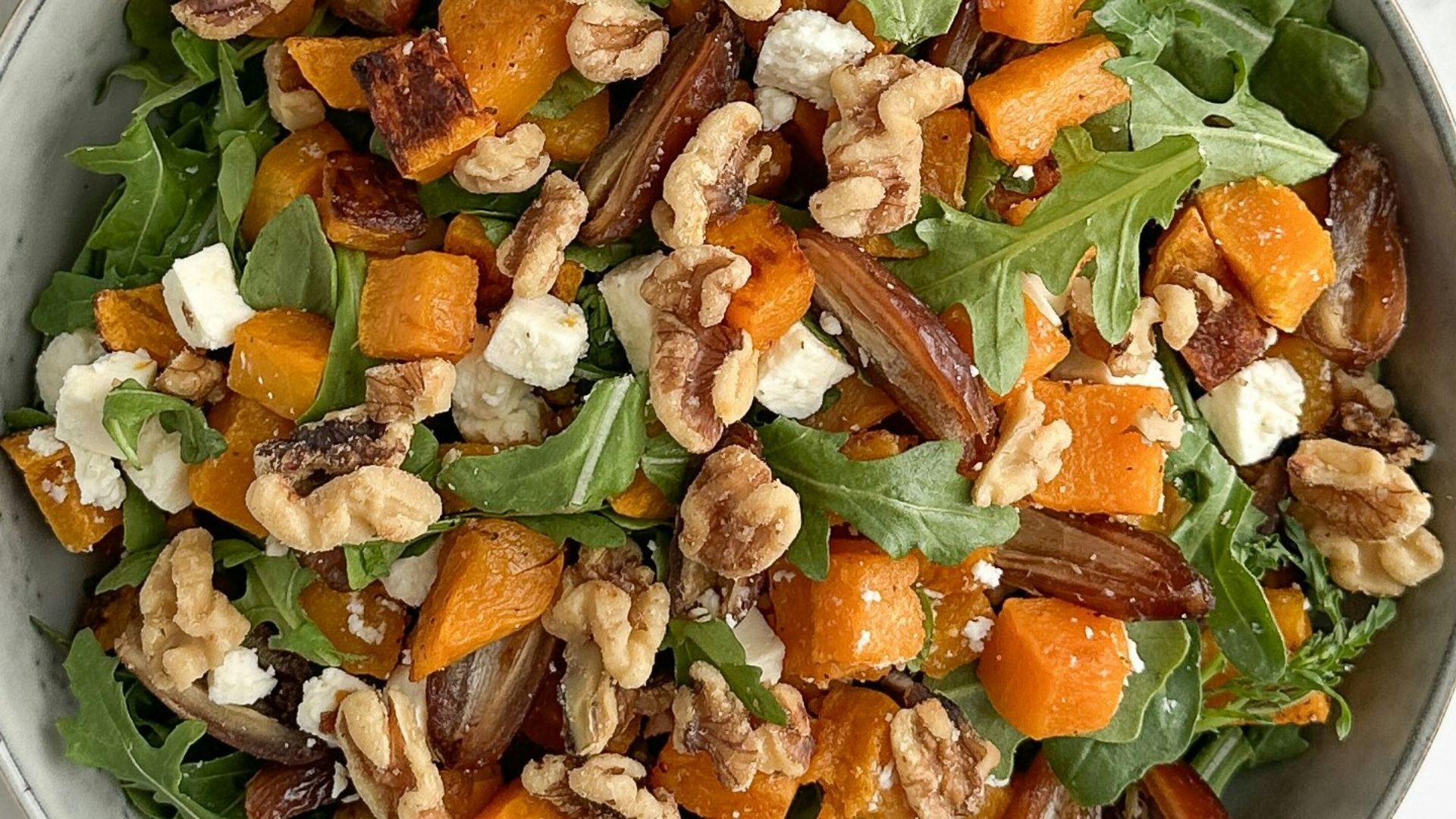Simple Swaps for a Healthier You
You know you simply need to burn more calories than you consume to lose weight, but sometimes, it doesn't feel so easy. But instead of immediately jumping into a drastic diet change, it's better to start with small changes you can easily incorporate into your lifestyle. Wondering where to begin? Here are 20 simple yet effective ways to cut down your calories.
1. Use Less Sauce
If you love condiments and normally douse your salads, sides, and mains with saucy goodness, you're probably adding far more calories than you might think. Barbecue sauce, for example, can contain as many as 70 calories per tablespoon—and if you're like most, you're likely using 10 times that amount.
2. Choose Healthier Snacks
Instead of snacking on sweets and junk food, swap them out for healthier picks, like fruits and veggie sticks. Chips, cookies, ice cream, and other highly salty or sugary treats can easily rack up your calorie total, so cutting them from your list can do wonders.
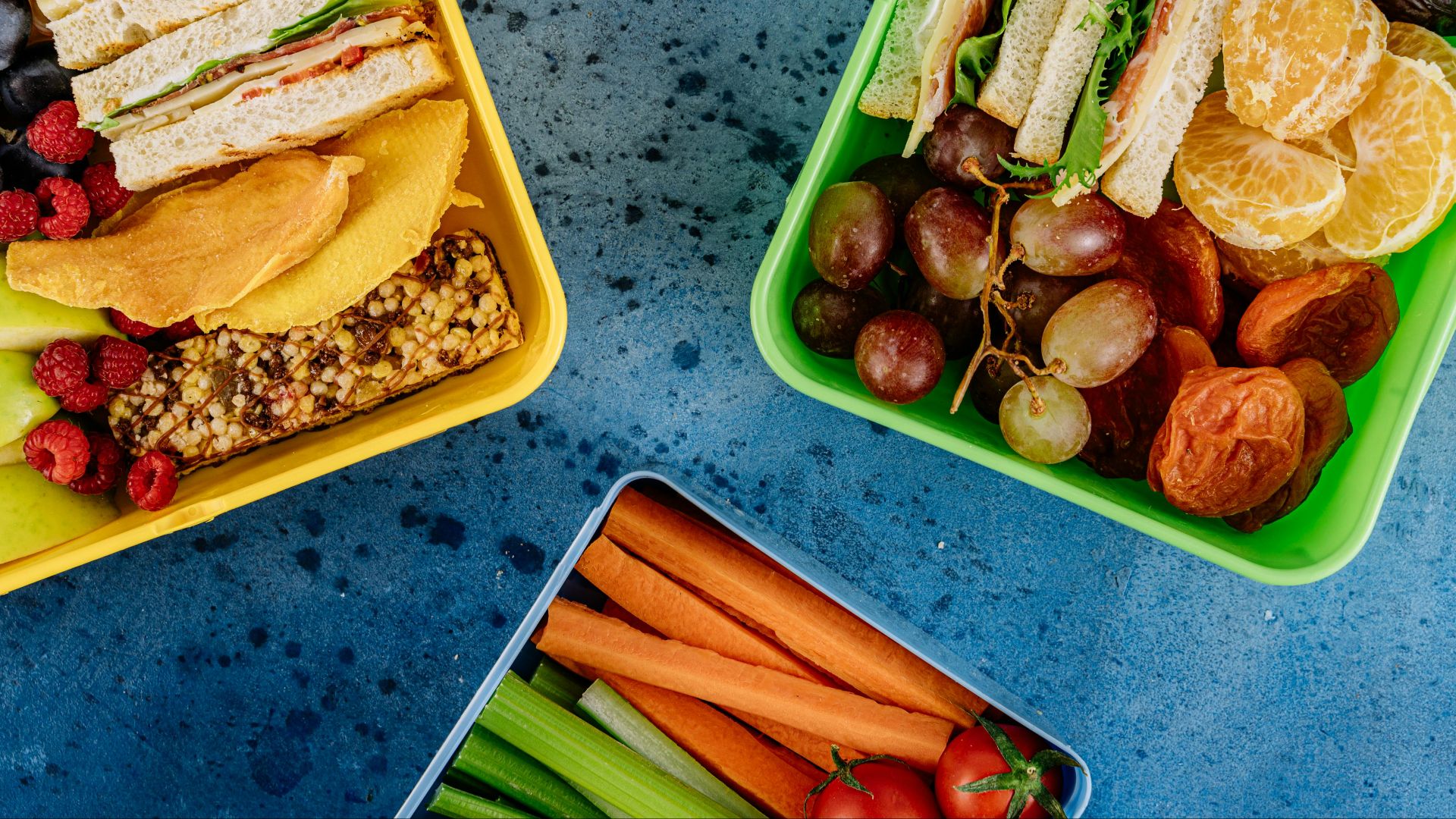 Antoni Shkraba Studio on Pexels
Antoni Shkraba Studio on Pexels
3. Cut Creamer & Sugar from Coffee
Are you a big coffee drinker? Unless you prefer it plain, you're probably adding dozens of more calories into your cup of Joe with creamers, syrups, sugars, and toppings. If you can't handle coffee without all the extra flair, make sure to choose healthier, smarter choices to swirl into your morning brew.
4. Cook More at Home
When eating out, you don't know exactly what's in your food—you can only guess the number of calories you could be consuming. But when you cook at home, you have far more control, and you'll be keener to opt for more nutritious options.
5. Use Smaller Bowls & Plates
When you use larger plates, you're probably filling them up with very generous servings, making it more likely for you to overeat. A simple trick that could help is to use smaller dishes, which will help you keep to your portion sizes and prevent you from eating more than you need.
6. Try Intuitive Eating
Intuitive eating is simply to eat when you feel hungry, and stop when you feel full. It involves keeping in tune with your hunger cues and understanding what your body needs, not what it wants. In the long run, this method helps you establish a healthier mindset with dieting as it doesn't require you to severely change your eating habits.
7. Drink Water Before Meals
You might already drink water during meals and in between bites of food, but try drinking two full glasses before you even start eating. Because liquid helps to temporarily fill up your stomach, you may end up eating less and feel full faster.
8. Eat Slowly
Don't wolf down your food—slow down! Practice mindful eating by enjoying every bite, chewing thoroughly, and letting the flavors meld together on your tongue. If you eat too fast, you won't be giving your body enough time to realize it's full.
 Pablo Merchán Montes on Unsplash
Pablo Merchán Montes on Unsplash
9. Incorporate More Protein & Fiber
Protein and fiber keep you fuller for longer, and they're both equally important for your body. Protein helps you build and repair muscle, while fiber keeps your digestive system healthy. Because you'll feel satiated for longer, you won't be as likely to overeat.
10. Order Dressings on the Side
Instead of ordering your salads and mains with dressing already poured on top, ask to have it on the side. This gives you control over how much you want to add to your meal—or at all. Remember: dressings and sauce can add dozens of unnecessary calories, especially when used in excess.
11. Eat with Non-Dominant Hand
If you tend to eat too quickly, too fast, and too much, try eating with your non-dominant hand. It might feel awkward, but it'll help you slow down and enjoy your food more mindfully, and establish a more intuitive eating mindset.
12. Go for a Walk
Whether it's after breakfast, lunch, or dinner, try to make time in your day to go out for a stroll. Not only does it help you get your steps in, but walking after eating offers ample benefits. It can help aid digestion, keep your blood sugar levels steady, and support heart health.
13. Try Meal Prepping
Meal prepping can not only help you save time in your busy week, but can also help you control your portion sizes and ensure you get enough fruits, veggies, and protein. You can vary your options as well to keep your meals interesting.
14. Don't Eat Distracted
Before you eat, put your phone aside and turn off the TV. Research has shown that eating distracted can cause you to overeat, because you're not paying as much attention to what you're tasting in each bite. By placing your focus solely on your plate, you might eat less and feel full sooner.
15. Limit Alcohol
Alcoholic drinks can quickly rack up your calorie tally, especially if you're not enjoying them in moderation. Opt for low-calorie options that contain less sugar, and remember to limit your intake. Better yet, pick non-alcoholic drinks, like mocktails.
16. Replace Butter with Olive Oil
Butter is extremely high in saturated fat, which can increase your LDL (bad) cholesterol, putting you at a higher risk of developing heart disease. Instead of greasing your pan with butter, swap your stick for a drizzle of olive oil or a spray.
17. Read Nutrition Labels
Before you buy your favorite snacks, condiments, and ingredients, read their nutrition labels. They'll give you an idea of how many calories are in each serving, along with other important information, like how much fat, salt, and sugar to expect.
18. Take Half Home When Eating Out
When eating out, don't force yourself to finish your plate if you're starting to feel full. Eat half of your meal, then ask for a box to take the rest home. This helps to cut down calories, and you'll have leftovers to finish the next day. Alternatively, you can share with a friend.
19. Don't Keep Junk Food at Home
If you can't help but give in to temptation, don't buy junk food. You'll be much more likely to reach for it to satisfy your cravings if they're within easy reach. Instead, opt for healthier snacks to munch on when you're looking for a little pick-me-up during the day.
20. Try Intermittent Fasting
Intermittent fasting involves eating within a set period, then fasting for a set period. For example, you might put your window between 12PM and 8PM, meaning you only eat within this timeframe. It's considered a very effective dieting method for many, as it can help you cut down calories and better control how much you eat.
KEEP ON READING
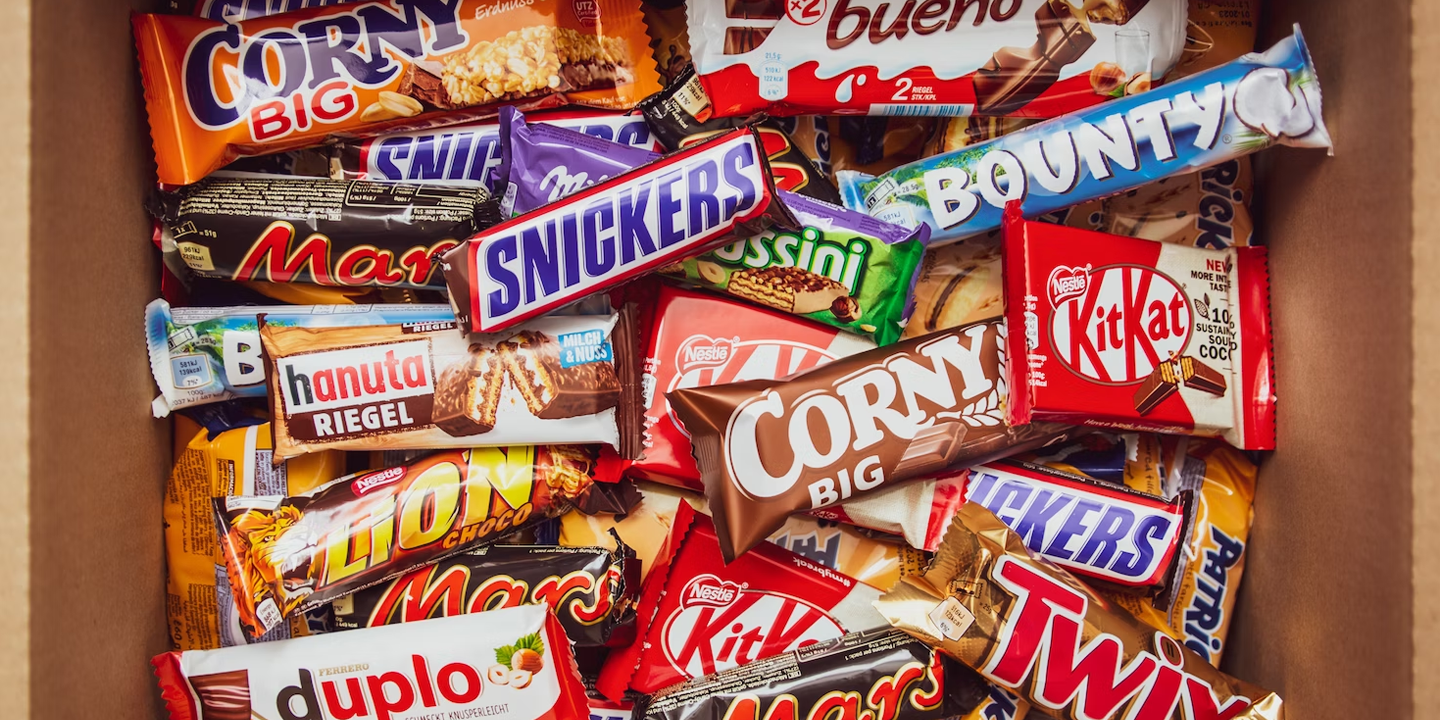
The Most Popular Chocolate Bars in the USA

Heal Your Gut: Prebiotics Vs Probiotics



